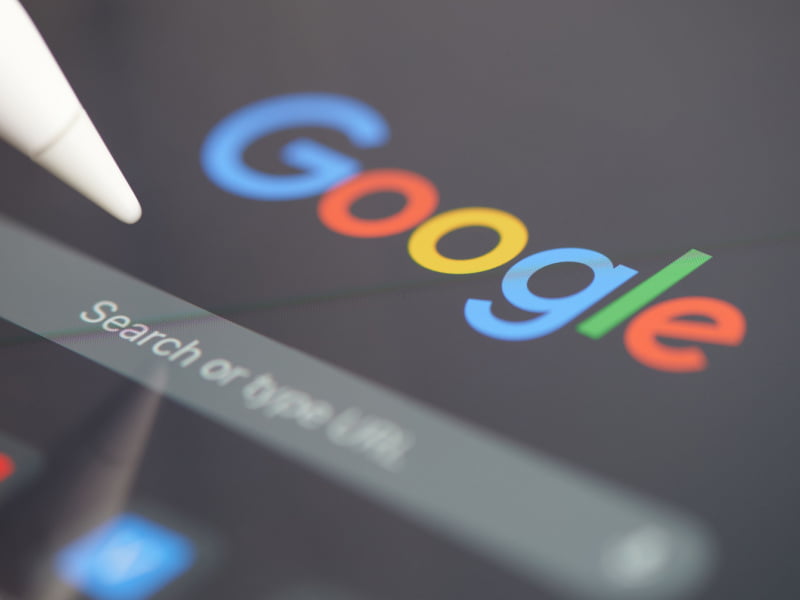Google and other search engines will face new obligations in Australia to prevent AI functionality on their platforms from being used to generate “synthetic” child abuse material under a new online safety code.
eSafety Commissioner Julie Inman Grant revealed her decision on the final code addressing ‘class one’ rated content on Friday, two months after she registered five other codes developed through an industry-led process.
A decision on the code covering search engines was deferred in June over concerns it was already out of date, following announcements by Google and Microsoft on plans to embed generative AI features on the search engines.

The Commissioner took the decision while rejecting two more industry codes relating to designated internet services and relevant electronic services for failing to provide “appropriate community safeguards”.
Ms Inman Grant’s office requested that the Communications Alliance and Digital Industry Group Inc, the industry group representing Facebook, Apple, Twitter and Google, submit a revised draft code.
On Friday, Ms Inman Grant said the newly strengthened code would require search engines to take steps to reduce the risk of child abuse material appearing in searches and that “AI functionality integrated with the search engines are not used to generate “synthetic versions” of this material”. Synthetic versions are also known as deepfakes.
In answers to questions on notice from a recent hearing of the parliamentary inquiry, Google said the definition and scope of search engine services had been updated to make clear generative AI functionality is capture by the code.
The codes will apply to search engines like Google, Microsoft’s Bing, DuckDuckGo and Yahoo. In Australia, Google is the most popular search engine, with almost 94 per cent of the market share, followed by Bing.
Ms Inman Grant said the result is a “great example of how regulators and industry can work together collaboratively to create safer online products” and thanked the industry bodies for their cooperation.
“When the biggest players in the industry announced they would integrate generative AI into their search functions we had a draft code that was clearly no longer fit for purpose and could not deliver the community protections we required and expected,” she said.
“We asked industry to have another go at drafting the codes to meet those expectations and I want to commend them for delivering a code that will protect the safety of all Australians who use their products.”
Communications minister Michelle Rowland described the decision as a “significant development in the implementation of the Online Safety Act”, with search engines the ‘gateway to the internet’ for Australians.
“I am pleased to see that further work by the online industry and the eSafety Commissioner has resulted in another code of practice to help keep Australians safe,” Ms Rowland said in a statement on Friday.
The internet search engine services code will come into effect in March. The other five codes for social media services, internet carriage services, app distribution services, hosting services and equipment providers will come into effect in December.
Once in place, the Commissioner will have powers to ensure online industries comply with the codes, including through injunctions, enforceable undertakings, and financial penalties of almost $700,000 per day for continuing breaches.
The Office of the eSafety Commissioner is currently developing draft industry standards for the two rejected codes, which cover apps, website and file and photo storage services like Apple iCloud and Google Drive, and email services and some partially encrypted messaging service.
Last month, officials from the regulator said the standards, that will carry fines of almost $700,000 a day, could be in place before the end of the year despite tech giants like Apple walking back plans for such technology more than two years ago.
eSafety is also expected to begin consulting on a second tranche of codes covering online pornography next year, following the government’s decision not to introduce a mandatory age verification regime.
Do you know more? Contact James Riley via Email.

